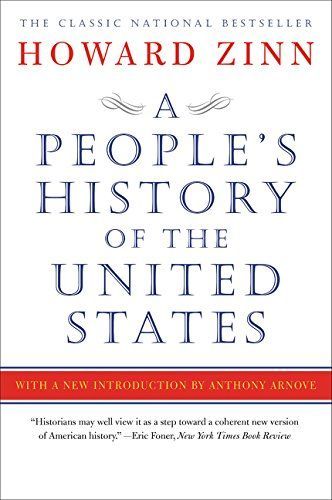
Reviews
Cody Degen@codydegen
Eitan Hershkovitz@ehershkovitz
rumbledethumps@rumbledethumps
Michael Springer@djinn-n-juice
Katy Watkins@katy
Melanie Richards@melanierichards
Kevin Bertolero@kevin_bertolero
michael haaf@michaelhaaf
Mark Stenberg @markstenberg3
Emily McMeans@emilymcmeans
Peter Mancuso@petermancuso
Ashley shackelford@ashlizshack
Atticus Cameron@atticspaced
Nick Truden@youngdust
Eve@vitah89
Martha F.@marthaq
0xADADA@0xadada
Sara Sunshine@sarasunsh
Sam@givemenothing
mirza@yoonzuku
Dane Jensen@danejensen
Virgil Nilson@park23
Maurice FitzGerald@soraxtm
Jeffrey Mack@jeffreymack
Highlights
Igor Lanko@igorlanko
Katy Watkins@katy
Katy Watkins@katy
Katy Watkins@katy
Katy Watkins@katy